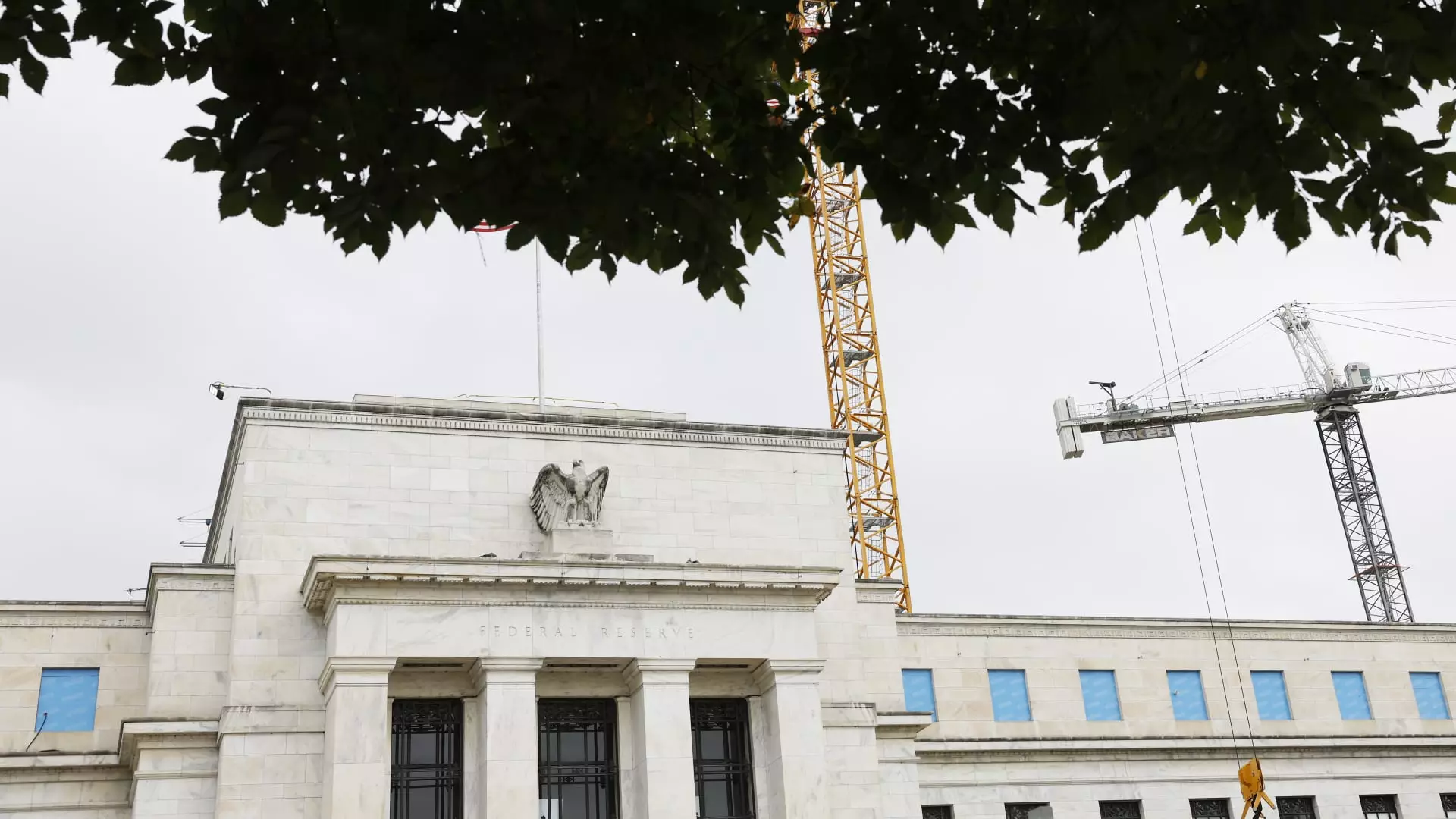In a recent interview, Elon Musk took aim at the Federal Reserve’s staggering $2.5 billion renovation project, igniting a much-needed discussion on government spending. Despite the Fed’s intention to create a modern workspace that would ultimately save taxpayer money in the long run, Musk’s skepticism underscores a growing sentiment among citizens fatigued by apparent waste. Musk rhetorically questioned what could warrant such a hefty price tag for what he termed “redecorating” at a national institution. His incredulous comments resonate with the public’s concern regarding the prioritization of fiscal responsibility over luxurious expenditures.
The Inflationary Ripple Effect
The Fed’s undertaking was initially estimated at $1.9 billion, but unforeseen factors bulged the budget. With mushrooming material costs, construction delays, and design alterations, it exemplifies how poorly projections can be in governmental projects. This renovation encapsulates broader concerns regarding the inefficiencies that plague bureaucracy—a point highlighted by Musk in his efforts to examine wasteful government expenditures. The pressing reality is that, while the intention behind the renovation may be good, the execution speaks to a systemic problem of inflated budgets and mismanagement that permeates governmental structures.
Saving Money or Spending Taxpayer Money?
While the Fed aims to reduce costs by consolidating employees into one improved location, does the expense of a $2.5 billion renovation align with that goal? Musk raises a vital question: “What do you get for $2.5 billion?” Such critique reveals a larger truth: while renovations may ostensibly lead to future cost savings, the allocation of such an obscene amount in what essentially equates to a facelift raises eyebrows. The irony exists that the Fed, which has been at the center of the economic discourse, appears to be adhering to fiscal practices that clash starkly with what its representatives advocate for the rest of the fiscal landscape.
Taxpayer Dollars and Accountability
While it is debated whether the Fed’s earnings come directly from taxpayer money or through various mechanisms like securities and bank regulations, the perception of taxpayer involvement remains strong. When Musk speaks about “taxpayer money,” he taps into a broader theme of accountability in government spending. The public’s frustration with inefficient resource allocation must not be overlooked. It calls for a more critical approach toward spending—especially in high-profile projects. The individual taxpayer deserves transparency and assurance that funds are used efficiently, making Musk’s commentary not just valid but necessary.
Musk’s pointed remarks at the Fed’s construction plans do more than just raise skepticism; they demand a different approach to reviewing government projects. If figures presented sound exorbitantly high, it’s time for citizens to question not only the integrity of the projects but also the motives behind them. A candid inquiry into government spending and its efficiency is essential to foster public trust and promote responsible fiscal policies.

